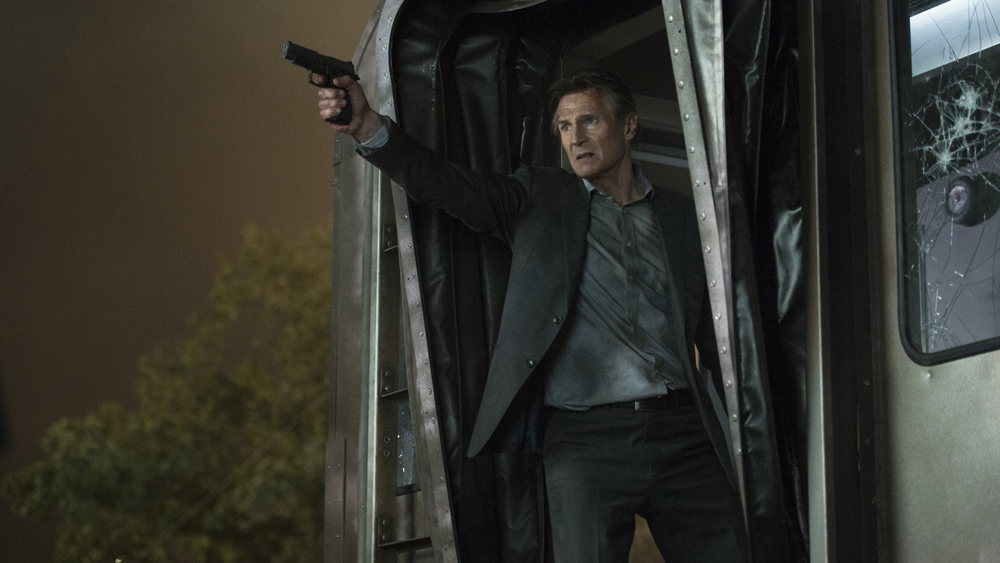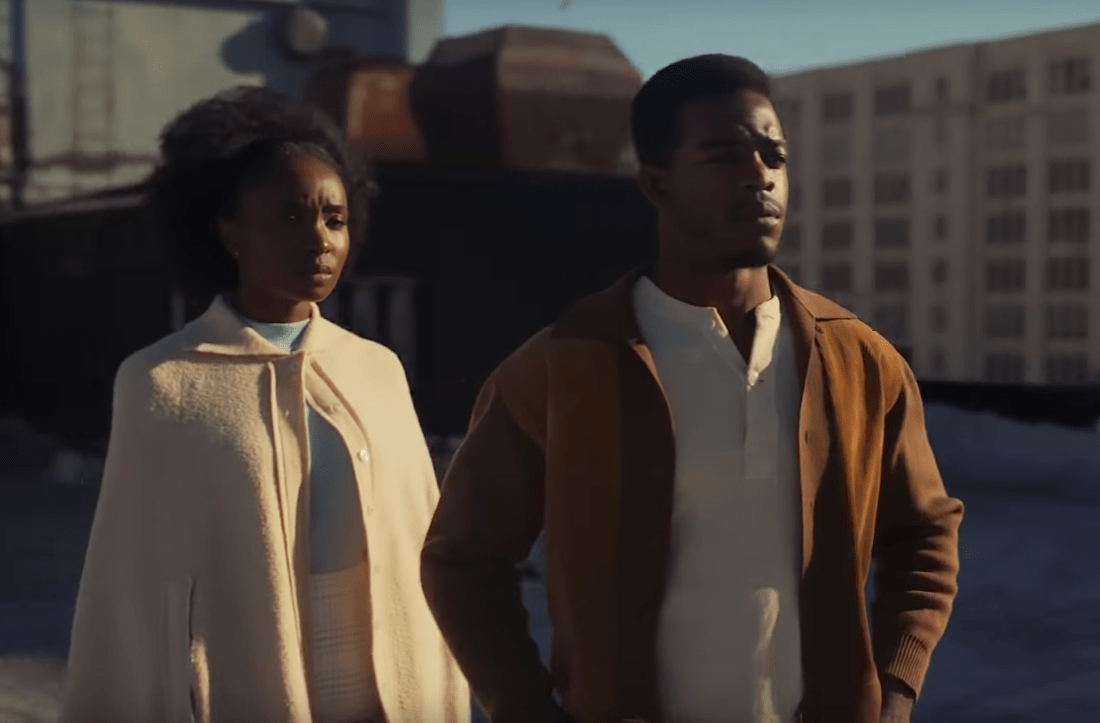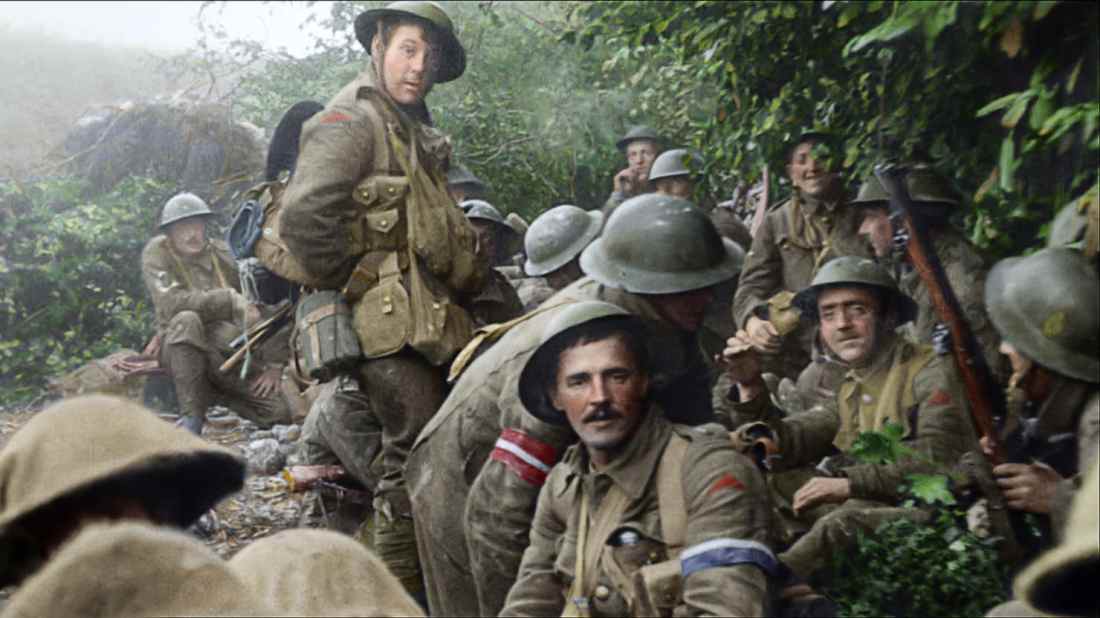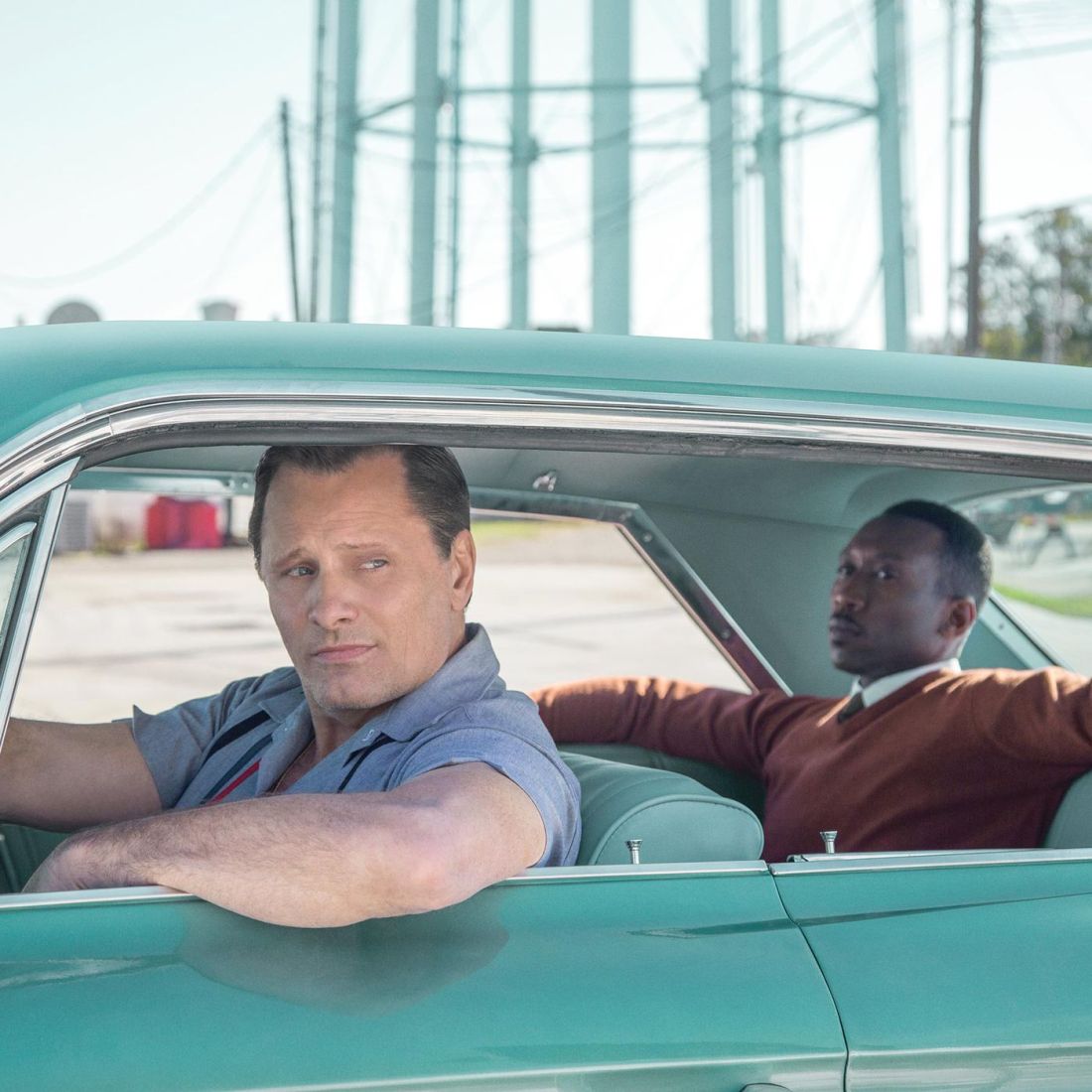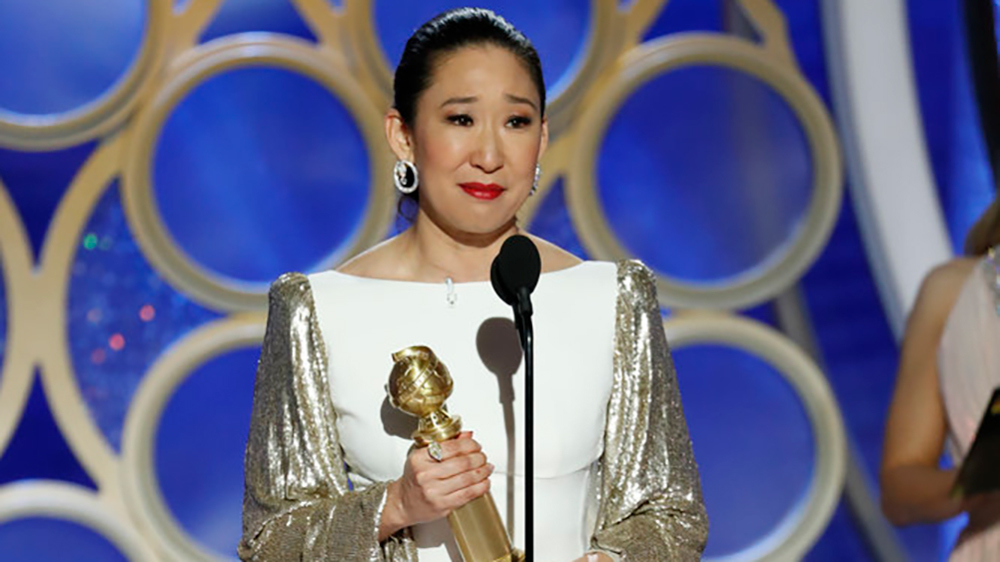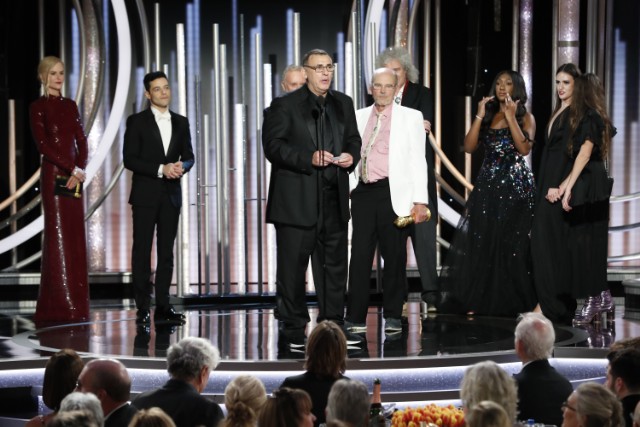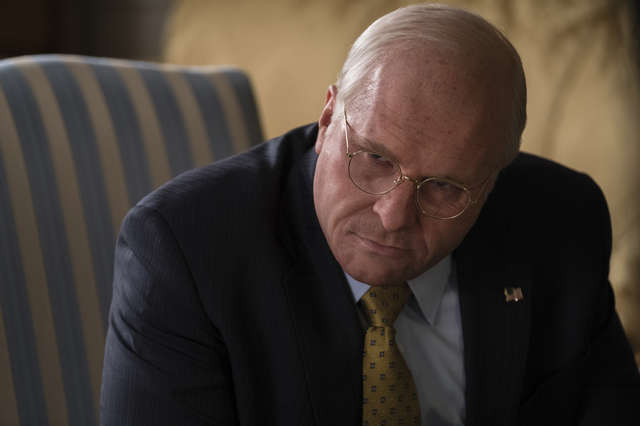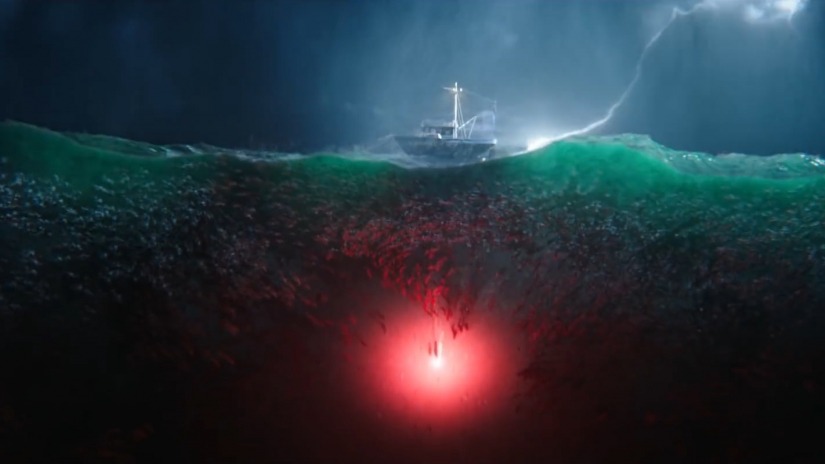The Oscars has been nothing but a complete dumpster fire this year. Frantically scrambling for an identity in the face of plummeting ratings, the once proud award show has no idea what the hell it wants to be. Nevertheless, my fandom’s still all in this year, and if you’re still interested too here’s my list of predicted winners, deserved winners, and snubs. The complete list of nominations and my reaction/rantings to them can be found in the previous post. Read up before the awards and enjoy!
-David
Best Picture:
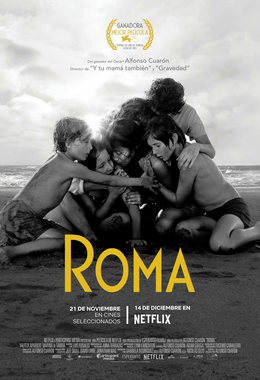
What Will Win: Roma
At the moment this guess is mostly theoretical in nature: Roma has shown some promise on the awards trail, but it is yet to bring in any of the major awards that normally precipitate a best picture win. Instead, Bohemian Rhapsody (golden globe winner for best drama), Green Book (Golden Globe winner for best comedy, screenplay, and Producers Guild best picture winner), and even Black Panther (best ensemble at the SAGs) would be the proven frontrunners in any other year. But in the most wide-open Oscar race to date, all bets are off. A strikingly ambitious personal project that is beautifully told without being overly opaque, my guess is that Roma pulls ahead. Of course, there’s a fairly large change I’m wrong and a good chunk of my reasoning may very well be rooted in my preference for the film, but, at least from the outside, Roma appears to have what it takes to win. The film earned raves upon its release and has only gained in momentum since–finding itself showered in accolades and award show love as of late. Additionally, Alfonso Curran, the film’s director, is no stranger himself to Oscar voters (having won best director for Gravity) and will be a much more appealing option than the likes of Bryan Singer and Peter Farley. And finally, while Roma’s socio-political themes are timely, they are comfortably subdued compared to films like BlacKKKlansman and Black Panther. Much like presidential elections, winning Oscars is as much about building voting coalitions as anything else. Thus the film’s blend of artsy melancholy, moderate political-commentary, and auter directing I think will beat out whatever its crowd-pleasing competition can throw at it.
(Edit: The night after I posted this the Directors Guild handed Roma their top award which officially put it at the front of the best picture race.)
What Should Win: Roma: A black and white foreign film without much of a story does not sound like a recipe for success considering my admittedly basic film tastes (I know I’m sorry but it’s true). But for Roma it was. Everything from the long, unbroken shots, the first time actors, the lack of a score bread an authenticity that couldn’t be faked. But instead of just presenting a simplistic self-portrait of Curran’s childhood, this authenticity captured more: the ambivalence of life, the pain of our shackles, and the beauty that seeps into it all no matter what.
What Should Win (But Wasn’t Nominated): Blindspotting: Forgotten upon its release because of a perfect storm of misguided marketing and critical misunderstanding, Blindspotting nevertheless remains head and shoulders above any other movie this year in my eyes. An epic and urgent mix of hilarious buddy comedy and evocative racial and economic critiques, the odyssey of one black man’s (an enthralling Daveed Digs) attempt to keep his head above water for just long enough to complete his parole is a heart-breaking look inside the fractured reality of gentrification, urban America, and the horrors of an unjust police state. It will leave you angry. It will leave you in tears. But it will also leave you with something more. Blindspotting’s ability to balance this darkness with the glimmering lights of downtown Oakland elevates it beyond belief. Tragedy and joy and confusion and fury and romance all come in equal measures, and the reality of life in urban America will never be shown so honestly again.
Complete rankings (Best to worst):
- Roma: Enchanting and unforgettable, Roma is a touchingly personal look into memories of youth and is a well-deserving front-runner.
- BlacKKKLansman: A righteously furious condemnation of the sickening infestation of systemic and radicalized racism, BlacKKKlansman is a mesmerizing showcase for Spike Lee. It smartly rejects the moderate platitudes of all too common “both sides” appeasement and will leave your eyes glued to the screen into well after the credits have rolled.
- The Favourite: Sharp-tongued and quick-witted, Greek director Yorgos Lanthimos (The Lobster) finally gets a chance to shine by using a script (by Deborah Davis and Tony McNamara) that’s not his own and the payoff is immense. A hilarious and intelligent British period piece elevated by its star cast (Emma Stone, Olivia Coleman, and Rachel Weisz are all nominated), The Favourite deserves every one of its Oscar-leading 10 nominations.
- A Star is Born: An inevitably sad tragedy, I had a great deal of trouble even forcing my way through the movie. If you can handle it though, fantastic original songs and affectingly dynamic direction from Bradley Cooper makes the film a “star”* in its own right.
- Green Book: A thoroughly entertaining film that carries painfully simplistic views on race, Green Book will remain an incomprehensible contradiction to me until the day I die. All I’m certain of though is my hope it doesn’t win Best Picture.
- Black Panther: A poorly conceived first half and surprisingly lackluster direction are nevertheless surpassed by ambitious political arguments and a historically great Michael B. Jordan as Kilmonger. Is it the best superhero film ever? No. But as a monumentally important cultural touchstone and a mostly successful film in its own right, Black Panther deserves to be here.
- Vice: The single biggest disappointment of the year for me, while I respect any film that dares to dunk on Cheney and W., Vice was nevertheless a lazy, disappointing, and ultimately pointless mess.
- Bohemian Rhapsody: The depths of human ignorance know no bounds.
* I can’t be sued for making bad puns.
Best Actor:
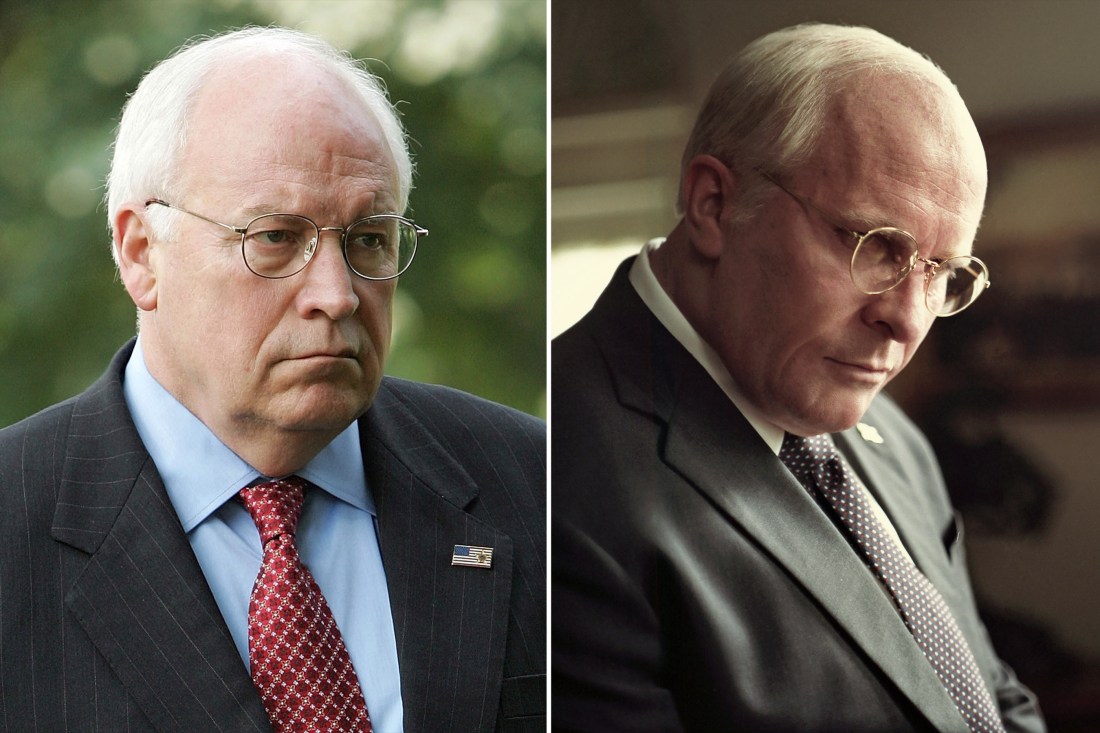
What Will Win: Christian Bale (Vice): Rami Malek’s best drama victory at the Golden Globes and his win at the SAG’s are indicative of the unfailing love people have for Freddie Mercury and that love may just be too much to overcome for Bale (especially considering the lackluster critical response to Vice). But Bale didn’t gain 40 pounds for nothing. Where’s his Oscar!? Shown love by the Critic’s award circuit and the Golden Globes so far, I think he’s gonna get it. His performance is quite literally the entire movie, and I think (as seen by Gary Oldman’s fat Churchill impersonation last year) it’s difficult to see Oscar voters rejecting that when push comes to shove.
What Should Win (That Got Nominated): Christian Bale (Vice): Not only does Bale look like Cheney (which is probably deserving of an Oscar on its own) but he really does become him. Oozing bureaucratic evil with each gutterly mumble and wet smack of his lips, Cheney is by far one of the best parts of this movie and his sinister depiction of Cheney should be kept alive for all eternity (or until the Oscar’s telecast ratings hit 0).
What Got Snubbed: Per usual there are too many to count, but while the easy (and correct) choice is Ethan Hawke for First Reformed, John Cho’s broken and panicky mess is a remarkable feat considering his film, Searching, essentially forces him into a one-man show. I mean how hard should it be to make an entertaining full-length movie take place almost exclusively over facetime? Cho makes it look easy.
Best Actress:
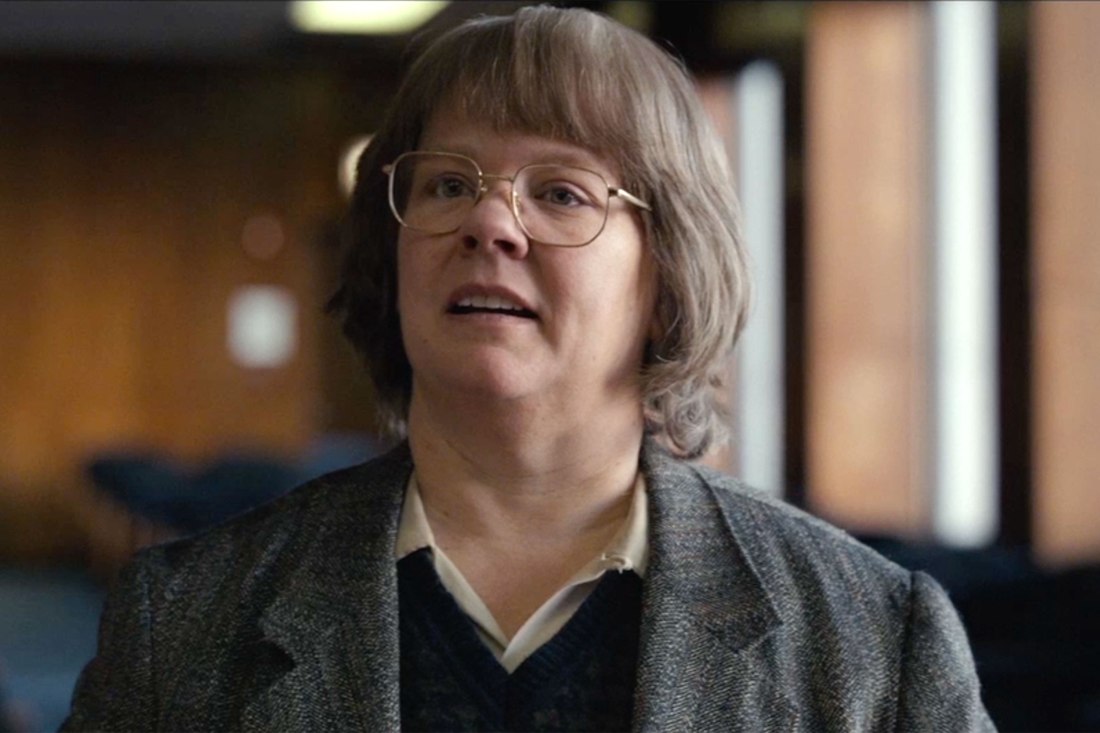
Who Will Win: Glenn Close (The Wife): If you had asked me a month ago my predictions Close probably wouldn’t have even been on my radar. Such is the nature of movie awards. A mixture of a lifetime achievement award (Close had been held winless in her first 6 Oscar nominations) and a product of her being allowed to take over a relatively weaker movie, Close sees nothing but clear skies ahead. And after sweeping through the Globes, Critics Choice, and SAGs, this win is as good as locked.
Who Should Win (That Got Nominated): Mellisa McCarthy (Can You Ever Forgive Me?): The daunting task of making an unlikeable protagonist watchable has confounded countless actors before and has killed many movies. But, finally breaking out of bargain-bin comedy and thriving in a dramatic role, the immensely talented McCarthy was able to manage just this. Her character’s (Lee Israel) swings from snarky to angry to categorically depressed are made palatable solely because of her witty and lively performance.
Who Got Snubbed: Thomasine McKenzie (Leave No Trace): A remarkably confident and mature performance by a child actor that doesn’t lose sight of her characters more innocent silliness, Thomasine McKenzie deserved more than for her award chances to be left for dead without the support of her film’s producers. Regardless, the future looks bright for this brilliantly talented actress.
Best Supporting Actor:
Who Will Win: Mahershsala Ali (Green Book): The surest winner out of any of these races, Ali gave a complex yet strong showcase in whole-lotta screen time. And, playing an oppressed black historical figure, there’s no reason to doubt that Ali’s award show dominance is subject to a spoiler on Oscar night.
Who Should Win (That Got Nominated): Richard E. Grant (Can You Ever Forgive Me?): Charismatic and emotionally compromised, Grants free-wheeling companion to McCarthy’s character perfectly depicts the hopelessness and hope that awaits us all in life. And though I liked Ali, he wasn’t exactly a supporting character…
Who Got Snubbed: Josh Hamilton (Eighth Grade): Upbeat and slightly out of touch like any good dad should be, Hamilton didn’t get nearly enough recognition for the mixture of un-killable pride and consternation he brought to the role of his single-parent character.
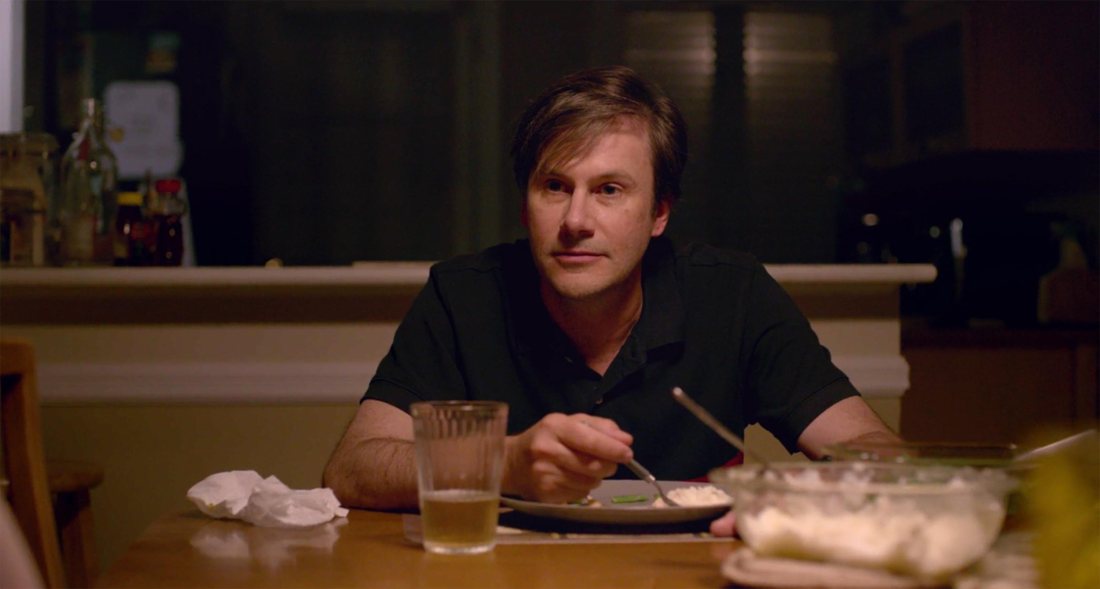
Best Supporting Actress:
Who Will Win: Regina King (If Beale Street Could Talk): A definite make-up prize for Beale Street’s rejection, King has, for whatever reason, been chosen by award’s voters as Beale Street’s acting representative (there are good performances across the board though, so it’s not really clear to me why). Leading at most awards shows so far (although the lack of a SAG nomination is a little disconcerting), the gold is probably hers to lose on Oscar day.
Who Should Win (That Was Nominated): Amy Adams (Vice): Adams played by far the most interesting and fleshed out character in Vice (Cheney’s wife Lynne) and her work was of tantamount importance in making Vice as competent as it was. And as someone who’s been repeatedly snubbed before (I mean she wasn’t even nominated for her role in Arrival) this win would be a hard-earned apology.
Who Got Snubbed: Emily Blunt (A Quiet Place): Deserving of a win for the bathtub scene alone, Blunt’s character’s vulnerable yet admirably strong nature is an impressive showcase for an impressive actress. The film’s genre (horror) shouldn’t change that, although the Oscars still struggles to comprehend this.
Best Director:

Who Will Win: Alfonso Cuaron (Roma): This is Cuaron’s film–every bit of it. Personal, ambitious, and expertly crafted, Oscar voters recognize Cuaron’s insane undertaking and will reward him for it. As evidenced by Bradley Cooper’s directing snub and Roma’s dominance in all awards categories so far, it’s not even gonna be close.
Who Should Win (That Was Nominated): Spike Lee (BlacKKKlansman): With all due respect to Cuaron, who is 100% deserving of the award he’s about to win, but Lee’s hilarious and searing vision of race in America should be recognized and Lee should win his first every directing Oscar. Watching BlacKKKlansman is like watching jet fuel being dumped on a bonfire in all the best ways possible; that explosive energy is a necessity in today’s society.
Who Got Snubbed: The Cohen Brothers (The Ballad of Buster Scruggs): An anthology movie that would only work with macabre wit of these directors, The Ballad of Buster Scruggs is a minor masterpiece that manages to wrangle together seven disparate stories into one coherent picture. As much as they’ve been rewarded by the Oscars before, their admission this year is a regretful snub.
Best Adapted Screenplay:
What Will Win: BlacKKKlansman: This year’s Get Out, while films like BlacKKKlansman traditionally struggle in the best picture category, the best screenplay category is ripe for the better, more ambitious films. And with timely racial themes and an intense and occasionally very funny script, I think BlacKKKlansman will get the voters’ attention.
What Should Win (That Was Nominated): If Beale Street Could Talk: Another too close to call category for me, Beale Street takes the edge because, as you can read in my review of the film, its revolutionary depiction of black love is too important to pass on. And after missing out on a best picture nom, this film should not go completely ignored
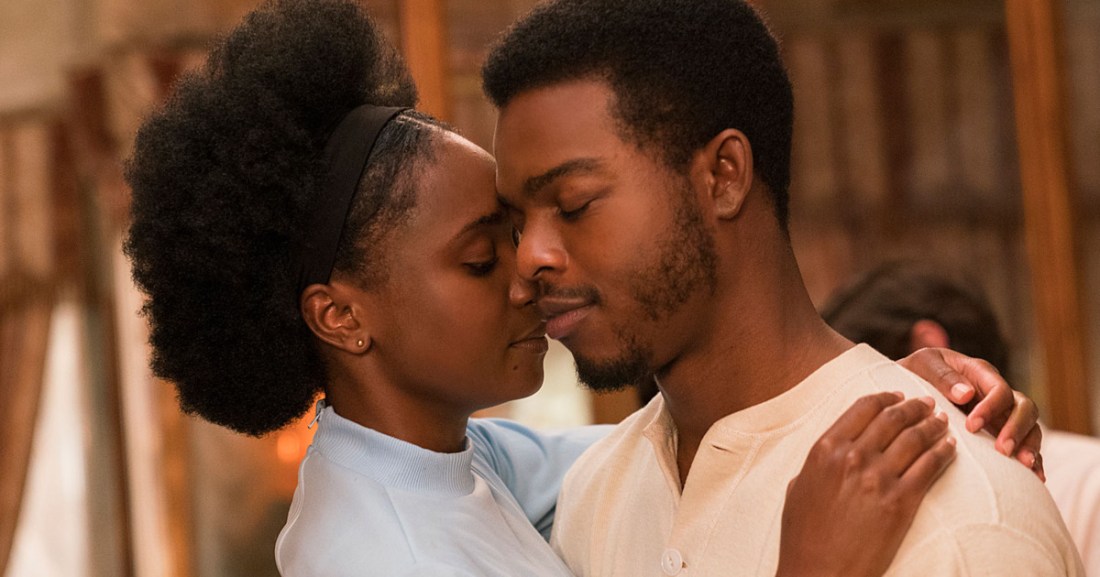
What Got Snubbed: Probably something! Sorry, but looking at the adapted screenplay movies this year I realized that: a) nothing stood out to me and b) a large part of this is because I haven’t seen enough of these movies.
Best Original Screenplay:
What Will Win: The Favourite: The Favourite’s ten Oscar nominations hint ever so slightly that voters really like this movie. And with a dialogue-centric script that is consistently funny and devious throughout, The Favourite’s top prize is gonna be this.
What Should Win (That Got Nominated): First Reformed: A pleasure just to get nominated for writer/director Paul Schraeder (Taxi Driver), the biggest (happy) surprise when nominations were released was this movie getting what it’s owed: a best screenplay nomination. A profound take on the tug-of-war between hope and despair and between extremism and inaction, the script for First Reformed was audacious in all the best ways possible and will be remembered for years to come.

What Got Snubbed: Blindspotting: I couldn’t rave enough about this movie, maybe my favorite in years, but I’ll try to keep it brief: WATCH THIS FILM!
Best Score:
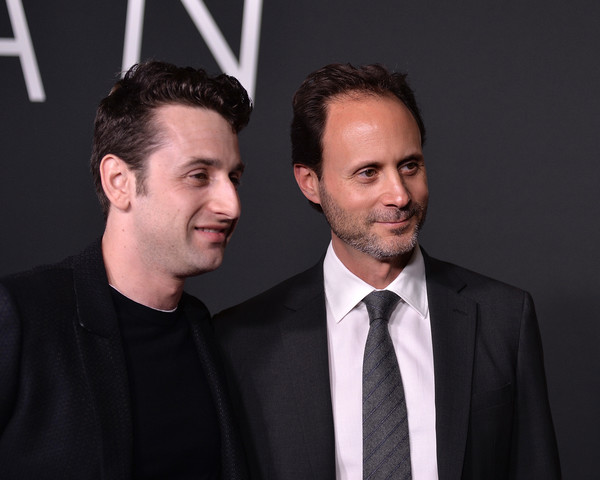
What Will Win: Nicholas Brittel (If Beale Street Could Talk) There’s every chance for an upset in this category as the not-nominated First Man looks set to win many of the best score awards that could otherwise be semi-predicative. That being said, I believe Beale Street wins this as a consolation prize not being nominated; composer Ludwig Goranson and Black Panther may still give Brittel a run for his money, but ultimately Beale Street’s flowery melody will be the more traditional, and mature, choice.
What Should Win (That Was Nominated): Nicholas Brittel (If Beale Street Could Talk): By creating the only good score a Marvel movie has ever had, Ludwig Gorranson showed in Black Panther that his work on Creed was no fluke and he’s a film composer to be reckoned with. But it’s not quite enough to win. Bittel’s score for Beale Street is poetic and seductive in a way only the best music can be, and it enhances the melancholic emotions of Beale Street in a substantial way. That being said I’ve listened to the scores for Beale Street, Black Panther, and First Man on endless repeat so whatever wins is gonna be fully deserving.
What Got Snubbed: Justin Hurwitz (First Man): What got snubbed? What got snubbed? In one of the biggest Oscar shocks in years, Hurwitz somber yet larger-than-life lullaby was ignored as the Oscar’s gleefully spit on First Man. One of the best scores in years, the score for First Man had dominated the award circuit and was considered a near lock to win the Oscar for best score. But alas…
Best Song:
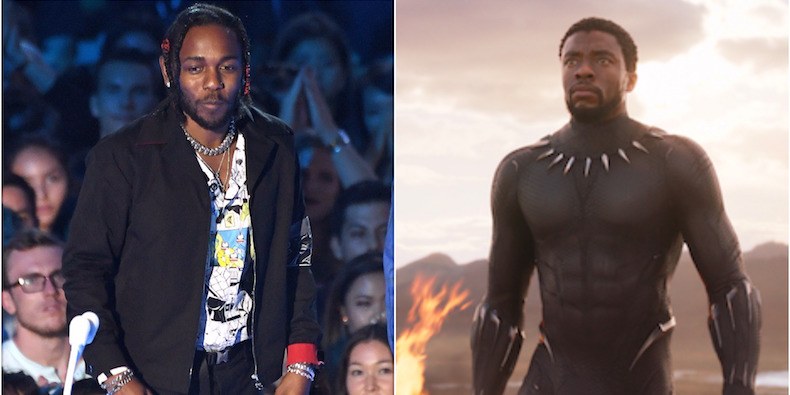
What Will Win: “Shallow “(A Star is Born): A glorious triumph of a song from Lady Gaga that plays just as well on the radio (where it’s currently soaring over the charts) as it does in the pivotal scene it builds, Shallow has proven dominant on the awards path so far and I don’t think “All The Stars” hip-hop roots will ever be able to overcome it with Oscar voters.
What Should Win: “All the Stars” (Black Panther): This is truthfully not an easy choice for me, but I just can’t shake the hypnotic warmth of “All the Stars” flowing from my speakers while I drive home–dreams and hope filling my heart and head as I stare into the tired night sky ahead. It means more to me, and that’s all there is to it.
What Got Snubbed: Spider-Man: Into the Spiderverse: A compelling and well-suited mix of timely hip-hop songs, the soundtrack for Spider-Man was a surprising admission by the awards shows this year. “Sunflower” by Post Malone, which was a big-time hit outside of the movie, was probably the representative to pick here, but any of the unapologetically upbeat bunch would have been good to see.
